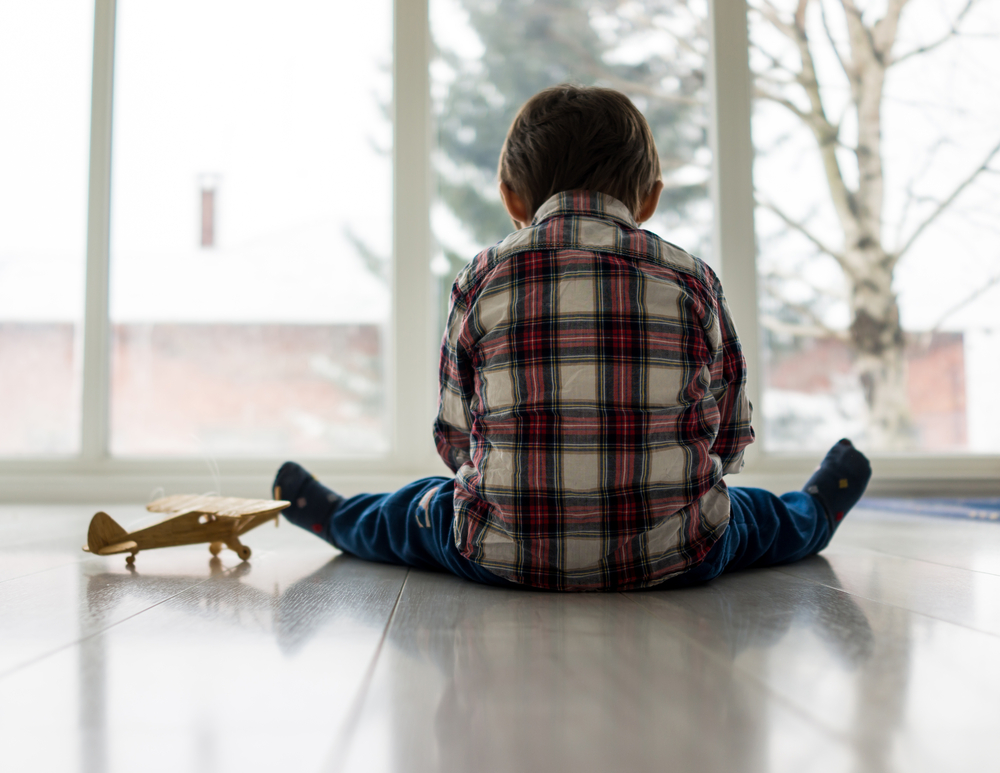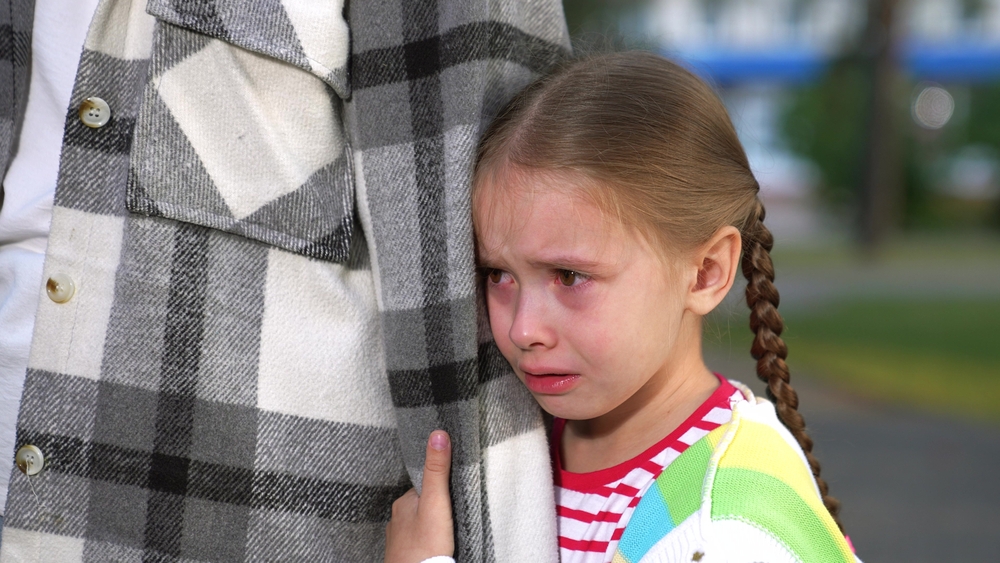As a kid, you thought the dynamic in your family must have been the same for everyone — how could you have known any differently? However, if you experienced any of these things as a kid, you grew up in a dysfunctional family without even realizing it. Now that you’re an adult, you can recognize what you went through and take steps to address any issues it may have left you with over the years.
1. Your idea of normal was actually chaos.

Growing up, your house was the hub of constant drama, but to you, it was just Tuesday. Shouting matches were as regular as meal times, and calm days were as rare as a blue moon. You thought this was typical until you started visiting friends and realized their homes didn’t come with a daily dose of yelling. It’s a weird realization that not everyone’s family dynamic involves daily arguments or a never-ending soap opera of events.
2. Privacy? What’s that?

In your family, the concept of privacy was as foreign as a snowstorm in the Sahara. Doors were never closed, boundaries didn’t exist, and private conversations? Forget about it. Everyone knew everyone’s business, and secrets were more like public announcements. Growing up in such an environment makes you either super open or ridiculously secretive in your adult life. You find yourself either oversharing with strangers or building Fort Knox around your personal life.
3. Your achievements were often overlooked.

In your family, your achievements weren’t celebrated; they were expected, or worse, ignored. Getting good grades or winning awards didn’t bring praise; it was just what you were supposed to do. This lack of recognition probably made you either crave validation from others excessively or feel like your accomplishments are never quite good enough.
4. Apologies were as rare as a unicorn sighting.

Remember the last time a family member apologized for messing up? No? That’s because in your household, ‘sorry’ was a word more elusive than a hidden treasure. Mistakes were either ignored, brushed under the rug, or blamed on someone else. This lack of accountability probably left you feeling confused about taking responsibility and acknowledging faults in your own adult relationships.
5. Your emotional barometer was way off.

In your family, emotions were either on full display like a Broadway show or hidden deeper than a secret bunker. You never learned how to deal with feelings in a healthy way. It was either all the drama, all the time, or a cold, emotionless void. This rollercoaster of emotional expression (or lack thereof) might have left you a bit bewildered about how to handle feelings in your day-to-day life.
6. Family gatherings were like gladiator fights.

Family events weren’t warm, fuzzy affairs; they were more like stepping into an arena. You had to be prepared for any kind of conflict, passive-aggressive comments, or outright arguments. It was like navigating a minefield where any step could lead to an explosion. These gatherings weren’t about bonding; they were about surviving, and you often left feeling more like a warrior than a family member.
7. You became the parent.

In your household, roles were reversed. Instead of your parents taking care of you, you found yourself taking care of them – emotionally, and sometimes even financially. You were the responsible one, the problem-solver, the peacekeeper. Growing up too fast is a common trait in dysfunctional families, and it might have robbed you of a carefree childhood and left you feeling like you missed out on just being a kid.
8. Consistency was a foreign concept.

In your home, the only consistent thing was inconsistency. Rules changed faster than fashion trends, and what was okay yesterday was a crime today. You never knew what to expect. One day, your parents were your best friends, and the next, they were distant strangers. This unpredictable environment probably left you craving stability in your adult life or finding comfort in routine, just to have some sense of control.
9. Love was very much conditional.

In your family, love and affection were handed out like rewards for good behavior, not unconditional gifts. You learned early that love was something to be earned, not something given freely. If you did well in school or behaved properly, you were showered with affection. But step out of line, and it vanished. This might have led to you becoming a perfectionist or constantly seeking approval from others in your adult relationships.
10. You were the family therapist.

Somehow, you became the go-to person for every family crisis, big or small. You were the mediator, the counselor, the shoulder to cry on – even for problems you were too young to understand. This role forced you to grow up quickly and made you the family’s unofficial therapist, a role that often carries over into your adult life, making it hard for you to not take on everyone else’s problems.
11. “Normal” conversations were rare.

In your family, conversations rarely involved mundane topics like the weather or how your day was. Instead, they were either deep, intense discussions about life’s problems or superficial chats with no real substance. You rarely experienced just a simple, light-hearted chat at the dinner table. This might make casual conversations in your adult life either feel superficial or overly intense.
12. You perfected the art of walking on eggshells.

In your household, you mastered the skill of walking on eggshells. You knew exactly what to say, how to say it, and, more importantly, what not to say to avoid setting someone off. This constant state of alertness and caution might have left you always prepared for the worst, even in situations where it’s totally unnecessary.
13. You were the invisible child.

In the midst of all the chaos, you found that the best way to survive was to become invisible. You kept your head down, stayed out of the way, and tried not to draw attention to yourself. This tactic of blending into the background might have made you feel unseen or unimportant, a feeling that can linger into adulthood, making it hard for you to speak up or assert yourself.








